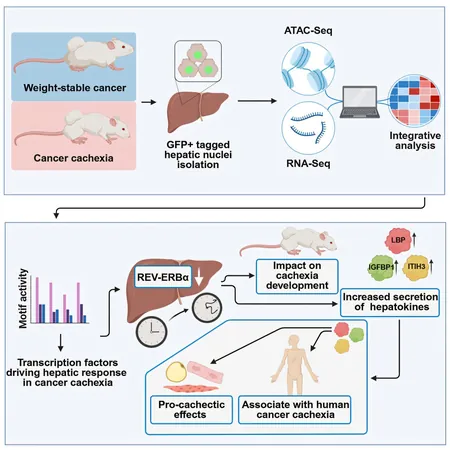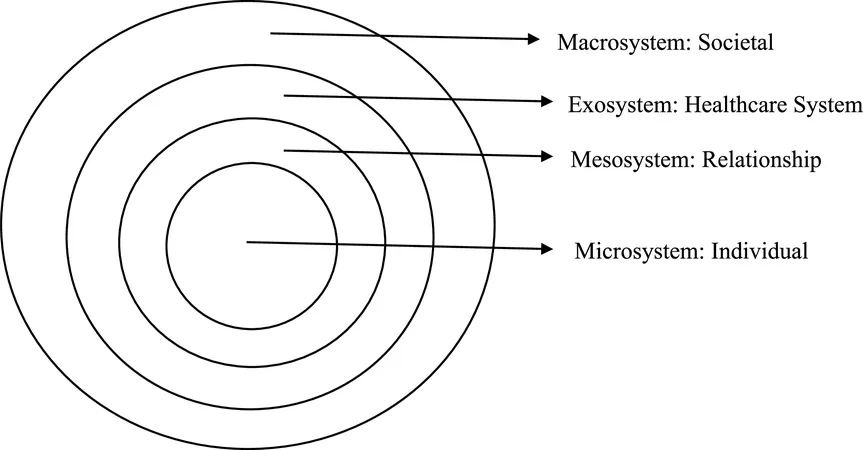
Revolutionary AI Model Set to Transform Sudden Cardiac Death Predictions!
2025-07-05
Author: Li
Breakthrough in Cardiac Care by Johns Hopkins Researchers
In an exciting development in healthcare, researchers at Johns Hopkins University have unveiled a groundbreaking artificial intelligence model that dramatically outshines existing clinical guidelines in predicting who is at high risk for sudden cardiac death.
Meet MAARS: The Game-Changing AI System
Dubbed the Multimodal AI for Ventricular Arrhythmia Risk Stratification (MAARS), this innovative AI combines cardiac MRI images with extensive patient health records, unearthing hidden warning signs with unprecedented precision in cardiovascular risk assessment.
Targeting Hypertrophic Cardiomyopathy: A Major Culprit
The recently published study in "Nature Cardiovascular Research" zeroes in on hypertrophic cardiomyopathy—one of the most prevalent hereditary heart disorders and a primary cause of sudden cardiac death, particularly among the youth.
A Call for Change in Patient Protection
According to senior author Natalia Trayanova, there’s a dire need for this technology: "Currently, we have patients dying in the prime of their lives due to lack of protection, while others endure defibrillator treatments without any true benefit. Our model can accurately forecast who is at extreme risk for sudden cardiac death."
Accuracy That Astounds!
Current clinical guidelines in the U.S. and Europe boast a mere 50% accuracy in identifying at-risk individuals. In shocking contrast, the MAARS model achieved an impressive 89% overall accuracy. It soared to 93% for those aged 40 to 60, the demographic with the highest vulnerability.
Unlocking Hidden Patterns in Heart Imaging
MAARS dives deep into contrast-enhanced MRI scans, analyzing elusive patterns of heart scarring that have long baffled physicians. By harnessing deep learning, this model pinpoints critical predictors of sudden cardiac death that have been historically overlooked.
Transforming Clinical Care: A New Hope
Study co-author Jonathan Chrispin, a cardiologist at Johns Hopkins, emphasized the model's potential: "Our findings reveal that this AI significantly enhances our ability to identify those at the highest risk—potentially transforming clinical care as we know it."
Looking Ahead: Expanding the Model's Reach
The ambitious research team aims to further test the MAARS model across a wider patient demographic and explore its application to other cardiac conditions, such as cardiac sarcoidosis and arrhythmogenic right ventricular cardiomyopathy.


 Brasil (PT)
Brasil (PT)
 Canada (EN)
Canada (EN)
 Chile (ES)
Chile (ES)
 Česko (CS)
Česko (CS)
 대한민국 (KO)
대한민국 (KO)
 España (ES)
España (ES)
 France (FR)
France (FR)
 Hong Kong (EN)
Hong Kong (EN)
 Italia (IT)
Italia (IT)
 日本 (JA)
日本 (JA)
 Magyarország (HU)
Magyarország (HU)
 Norge (NO)
Norge (NO)
 Polska (PL)
Polska (PL)
 Schweiz (DE)
Schweiz (DE)
 Singapore (EN)
Singapore (EN)
 Sverige (SV)
Sverige (SV)
 Suomi (FI)
Suomi (FI)
 Türkiye (TR)
Türkiye (TR)
 الإمارات العربية المتحدة (AR)
الإمارات العربية المتحدة (AR)